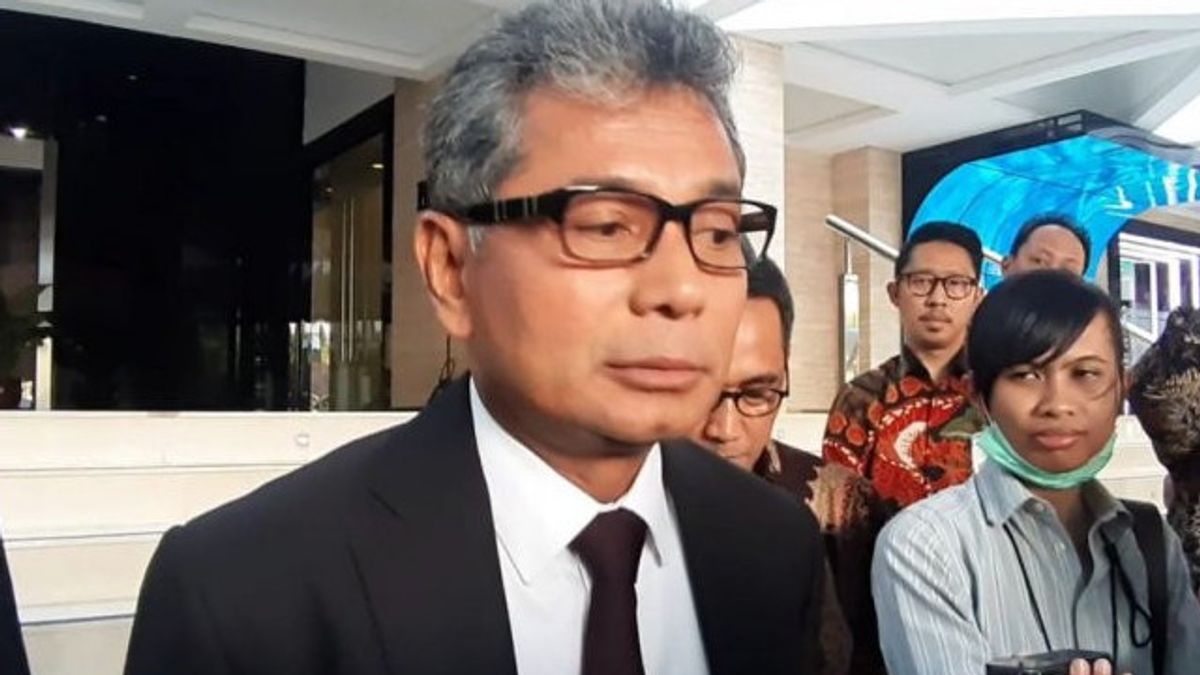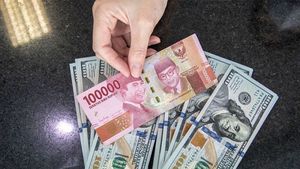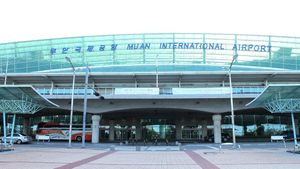JAKARTA - The Annual General Meeting of Shareholders (GMS) of PT Bank Rakyat Indonesia Tbk (BRI) decided to distribute dividends of IDR 12.1 trillion, equivalent to 65 percent of the company's total net profit in 2020, which amounted to IDR 18.65 trillion.
Meanwhile, 35 percent of the remaining net profit or around Rp. 6.5 billion will be allocated for the retained balance to strengthen the structure of financial performance this year.
Deputy Managing Director of Bank BRI Catur Budi Harto said the decision was in accordance with the joint agreement of all the company's shareholders.
"Dividends will be paid proportionally according to the list of shareholders on the date of record," he said virtually, Thursday, March 25.
Catur added that the state, as the majority shareholder of BRI, was said to be the party that received the most dividends with a portion of 56.75 percent of the total dividends distributed by the company or around Rp.
For information, the performance of the bank with the largest asset capitalization in Indonesia was quite depressed over the past year. The pandemic factor is considered to be the main cause of the stalling of BRI's business, particularly in the lending sector.
It is recorded that the profit of the bank codenamed BBRI shares decreased in net profit by 45.4 percent year-on-year (yoy) in 2020 to IDR 18.65 trillion. Meanwhile, the company's net profit in 2019 is said to amount to IDR 34.3 7 trillion.
Meanwhile, the dividend value distributed by BRI for the 2019 business period amounted to IDR 20.6 trillion or 60 percent of the cuan obtained in the same year.
The contraction in BRI's performance in 2020 was largely contributed by net interest income (NIM), which was cut by 3 percent to IDR 79.2 trillion yoy.
“Economic conditions in 2020 are quite challenging. Pandemics make social, health and economic maps change. However, we can still save our main customers, namely MSMEs by providing various conveniences, "he said.
Furthermore, the BRI boss revealed that the decision to distribute dividends to shareholders was based on an analysis of the company's business growth in order to remain sustainable.
"We maintain a healthy capital ratio by considering expansion and anticipating future risks," he said.
BRI itself has set a capital adequacy ratio (CAR) at a level higher than 18 percent in accordance with Basel III regulations.
"We believe BRI still has room to grow this year and the following years," concluded Catur.
The English, Chinese, Japanese, Arabic, and French versions are automatically generated by the AI. So there may still be inaccuracies in translating, please always see Indonesian as our main language. (system supported by DigitalSiber.id)













